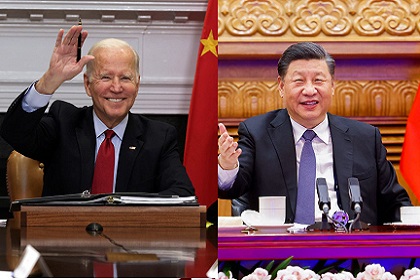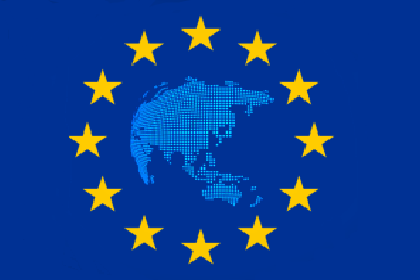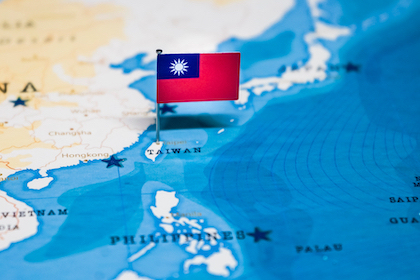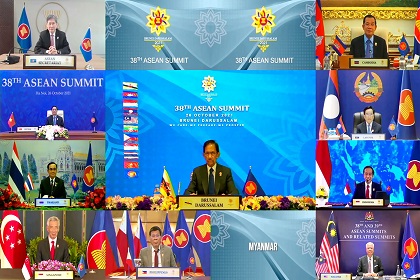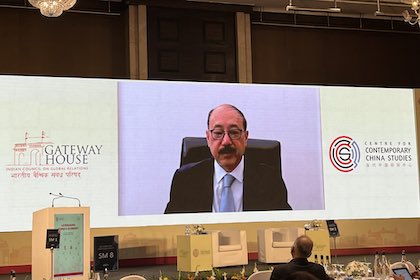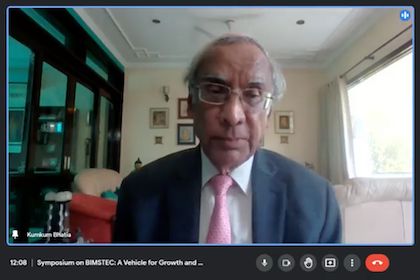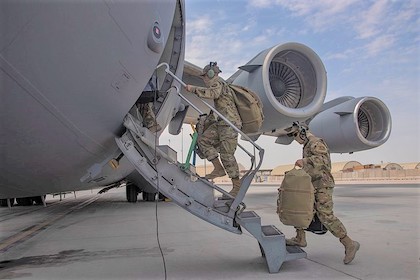Democracy summit: Biden needs a win
The upcoming Summit for Democracy hosted by U.S. President Biden, has high expectations from him. With trust in the U.S. having suffered badly, it remains to be seen how much confidence the democracies at the summit will have in American efforts at restoration of world leadership.


